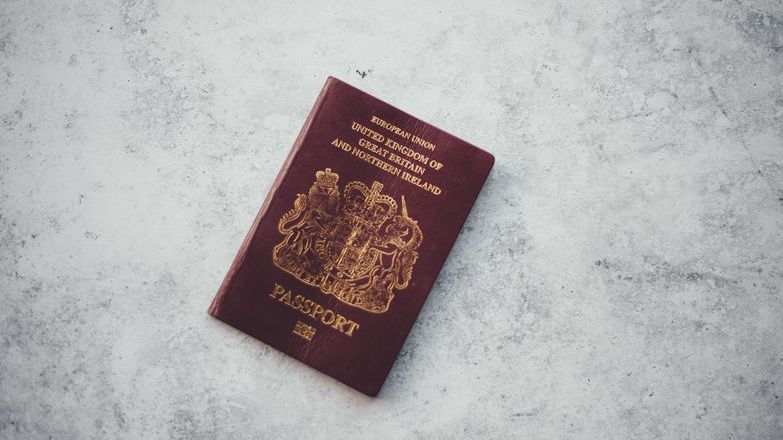
From 1 October 2022, agents responsible for tenancy applications and repeat Right to Rent checks will need to revisit their processes in readiness either for a return to manual face-to-face checks (which will still be permitted where someone shows eligible identification as a UK and Irish citizen) or be signed up to one of the proptech service providers certified by the UK Government as a digital identity service provider (IDSP). Checks on overseas nationals will need to be processed using the Home Office’s share code system which can be accessed by agents, free of charge.
The changes come at the same time as agencies will need to manage rising costs from increased energy bills and the costs of retaining staff by maintaining competitive remuneration packages.
Costs of IDSPs for UK and Irish Nationals
Following the announcement of the first IDSPs under the UK Digital Identity and Attributes Trust Framework, agents should be aware of the upcoming changes and prepare. The introduction of the Tenant Fees Act 2019 means that any costs incurred in delivering Right to Rent checks remain unchanged and cannot be passed on to applicants.
Adjusted checks were introduced as part of COVID-19 measures to reduce face-to-face contact and were extended while the Home Office worked to introduce a robust digital solution for checks on UK and Irish nationals. Once Adjusted Right to Rent checks end, where an agent wants to offer a digital check to those with UK and Irish ID, the agent will need to be signed up to an IDSP incurring a chargeable service. Alternatively, agents will be able to offer manual, face-to-face checks where the applicant offers eligible UK or Irish ID. Where agents do choose to utilise an IDSP, they must make allowance for British and Irish nationals who choose for their identity to be verified offline and must not discriminate on this basis.
Digital checks on overseas nationals can be conducted simply and without incurring external costs using a digital share code and date of birth provided by the applicant and checked via the real-time Home Office system.
Where an agents’ system will be largely based on face-to-face checks, they need to consider the additional time and resource that goes into making appointments for applicant checks (and follow-up checks for those who provided documentation qualifying for time-limited status) and any rescheduling involved.
Follow up Right to Rent checks remain as important as ever
Propertymark members are reminded that if they have been unable to obtain the repeat Right to Rent check for an overseas national during a tenancy, the Home Office should be notified in order that the agent establishes a ‘Statutory Excuse’ which will provide the legal audit trail against any overstayer and/or a civil penalty.
The Code of Practice on Right to Rent contains some ambiguity over liability for a civil penalty where an agent uses an IDSP. Ultimate responsibility for a check remains with the landlord or designated letting agent, therefore even the use of a UK Government accredited IDSP, does not remove all risk of a landlord or designated letting agent receiving a civil penalty in the event of investigation by Immigration Services.
The reintroduction of face-to-face checks will coincide with seasonal changes in COVID rates and the impact of this is unknown.





